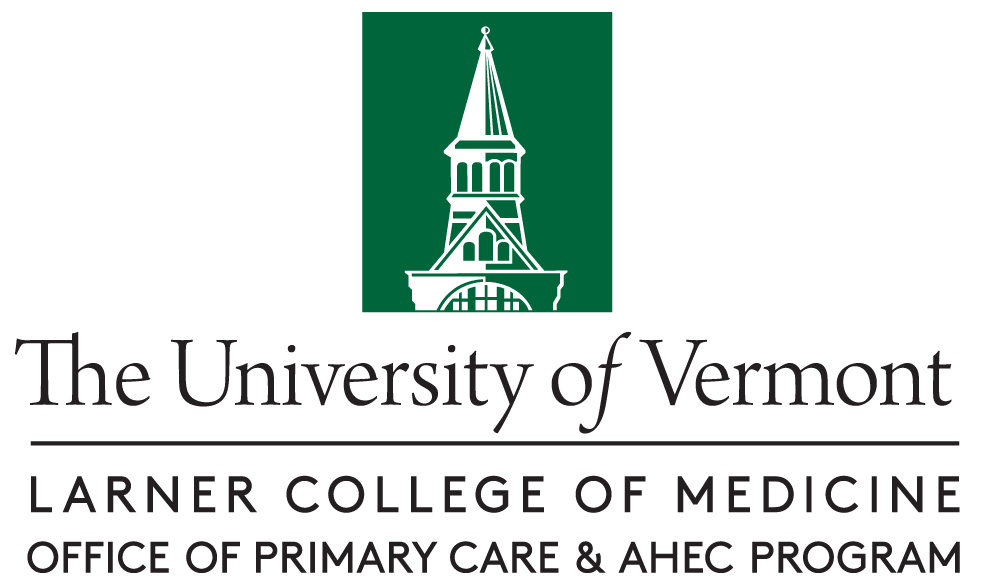
UVM AHEC
Document Type
Poster
Publication Date
2023
Focus Area
Opioids, Substance Use Disorder, Addiction Medicine, Medical Practice Transformation
Abstract
Background:
Psychedelics, such as MDMA, LSD, psilocybin, and ketamine, are mind-manifesting substances that have gained interest among academic, research, and policy stakeholders due to their potential as therapeutic agents for intractable mental health disorders. Furthermore, policy continues to develop as evidenced by the recent legalization of psilocybin in Oregon state, therapeutic legalization of psilocybin in Colorado, and impending FDA approval of MDMA therapy for PTSD. Psilocybin law is currently receiving new scrutiny in the Vermont legislature. In the context of a mounting “mental health crisis” and with gaps in the efficacy of currently available treatments for PTSD, depression, and end of life care, the objective of this study was to understand Vermont primary care providers’ knowledge and attitudes towards psychedelics.
Methods:
We developed a survey with 25 Likert scale items and 2 open-ended questions. The survey design was informed by a series of qualitative interviews from a previous study. The survey was distributed to all primary care providers practicing in Vermont. Survey data were analyzed utilizing descriptive statistics; free text responses were reviewed and thematically organized.
Results:
The response rate was 132/768 (17%). Respondents had a median age of 48 years (range 28-77) and 70% identified as women. Professional role was 61% MD/DO, 33% APRN/PA, and 6% ND; 66% practiced Family Medicine. Regarding knowledge, 42% of participants accurately identified the regulatory status for MDMA, 60% for LSD, 47% for psilocybin, and 67% for ketamine; 77% were interested in receiving education regarding psychedelics. While 71% were moderately/very concerned about youth use and 61% about road safety, only 17% were moderately/very concerned that psychedelics were inherently deleterious to one’s health. Over half agreed/strongly agreed that psychedelics have high therapeutic potential, with 40% neutral, and 4% disagreeing. Respondents expressed caution for increasing availability of psychedelics without further research. Findings may be limited by potential non-response bias, though the demographic characteristics of the non-responders were similar to the responders.
Conclusion:
Vermont primary care providers have knowledge gaps regarding the trajectory of psychedelic substances, and most are interested in further education. Although providers have specific concerns about safety, there is optimism that these substances have therapeutic potential. Research on the benefits and risks was rated as a high priority, with public health concerns outweighing addiction risk, tolerability, and administration. Given the rapidly changing landscape and sweeping legislative changes, bridging the gap between the state of policy and clinician familiarity demands increased educational opportunities.
Creative Commons License

This work is licensed under a Creative Commons Attribution 4.0 International License.
Recommended Citation
Yalovitser, Josephine; Zweber, Cole; Mitchell, Henry; Stultz, Mallory; Levine, Jonah; Tien, Lauren; Maclean, Charles D. MD; and Cote, Elizabeth, "Vermont Primary Care Provider Knowledge and Attitudes Regarding Psychedelics" (2023). UVM AHEC. 8.
https://scholarworks.uvm.edu/uvmahec/8


Comments
AHEC Scholars Summer Project
Presented at the Northeast Regional Society of General Internal Medicine Conference in Boston, MA on November 4, 2023.